This week saw the successful launch of an important new partnership between Bournemouth University (BU), the local NHS, charities and industry. The aim is using innovation to drive forward improvements in healthcare outcomes for people across Dorset. This ‘Transforming Healthcare Through Innovation’ event marked the start of a formal partnership between BU and Dorset’s Integrated Care System (ICS), which is a partnership of all NHS and local authorities in the county. This partnership fits very well with BU’s Strategic Investment Area (SIA) Medical Science. The development of Medical Science is a core component of BU2025. 
It was widely recognised that the social and behavioural sciences are essential to health and health care. Dr. Phil Richardson from the NHS Dorset Clinical Commissioning Group, who leads the ICS, stressed the importance of moving from a medical model of public health to a more social model. This ties in closely with sociological work on the medical/social model conducted at BU in maternity care [1-6].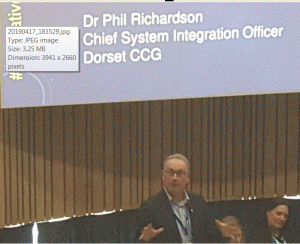
 Also at the launch event Dr. Caroline Ellis-Hill highlighted the importance of humanising care in a hands-on session. BU academics in have developed a philosophically-driven approach to caring, health and wellbeing based on humanising practices. The theoretical underpinning was originally developed by BU Prof. Les Todres and colleagues [7-11]. Humanising practice is supported by work settings that encourage connection to personal experience and research which privileges subjective experience and knowing; such as phenomenology, narrative, auto-ethnography, embodied knowing and arts–based approaches.
Also at the launch event Dr. Caroline Ellis-Hill highlighted the importance of humanising care in a hands-on session. BU academics in have developed a philosophically-driven approach to caring, health and wellbeing based on humanising practices. The theoretical underpinning was originally developed by BU Prof. Les Todres and colleagues [7-11]. Humanising practice is supported by work settings that encourage connection to personal experience and research which privileges subjective experience and knowing; such as phenomenology, narrative, auto-ethnography, embodied knowing and arts–based approaches.
Centre for Midwifery, Maternal & Perinatal Health
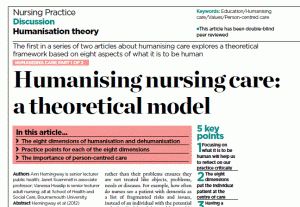
References:
- van Teijlingen E. (2005) A critical analysis of the medical model as used in the study of pregnancy and childbirth, Sociological Research Online, 10 (2)
- MacKenzie Bryers H., van Teijlingen, E. (2010) Risk, Theory, Social & Medical Models: critical analysis of the concept of risk in maternity care, Midwifery 26(5): 488-496.
- Brailey, S., Luyben, A., Firth, L, van Teijlingen, E. (2017) Women, midwives & medical model of maternity care in Switzerland, International Journal of Childbirth 7(3): 117-125.
- van Teijlingen, E. (2017) The medical and social model of childbirth, Kontakt 19(2): e73-e74
- Luce, A., Cash, M., Hundley, V., Cheyne, H., van Teijlingen, E., Angell, C. (2016) “Is it realistic?” the portrayal of pregnancy and childbirth in the media BMC Pregnancy & Childbirth 16: 40 http://bmcpregnancychildbirth.biomedcentral.com/articles/10.1186/s12884-016-0827-x
- Taylor, A., van Teijlingen, E., Ryan, K., Alexander, J. (2019) ‘Scrutinised, judged and sabotaged’: A qualitative video diary study of first-time breastfeeding mothers, Midwifery 75: 16-23.
- Todres, L., Galvin, K.T., Holloway, I. (2009) The humanization of healthcare: A value framework for qualitative research, International Journal of Qualitative Studies on Health and Well-being, 4:2, 68-77, DOI: 10.1080/17482620802646204
- Galvin, K., Todres, L. (2013) Caring and Wellbeing. London: Routledge.
- Hemingway, A, Scammel, J., Heaslip, V. (2012) Humanising nursing care: a theoretical model. Nursing Times 108 (40) / www.nursingtimes.net
- Scammel,J ,Hemingway, A., Heaslip,V. (2012) Humanising values at the heart of nursing education. Nursing Times 108 (41)/ www.nursingtimes.net
- Scammell, J., Tait, D. (2014) Using humanising values to support care. Nursing Times 110 (15) / www.nursingtimes.net
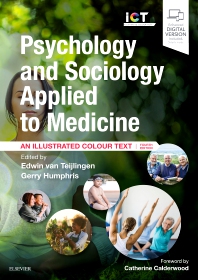


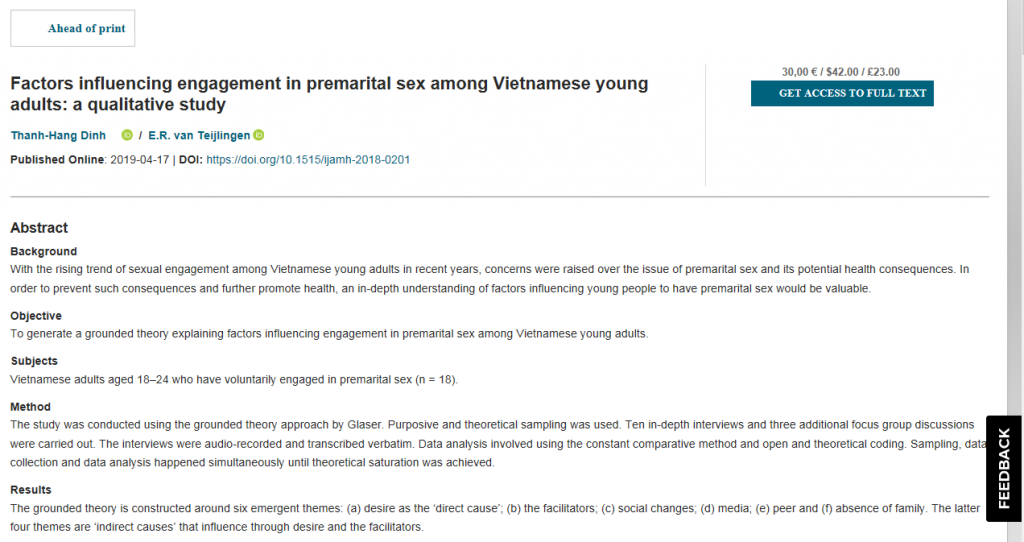
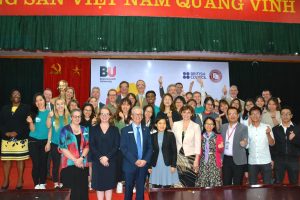
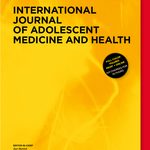




 According to the
According to the  The government is seeking discussions with the European Commission to agree the details of our continued participation in Horizon 2020 as a third country after the exit. BU has informed the UK Government and provided basic data about all on-going Horizon 2020 projects. This will support the continuity of funding flow in case the UK Government’s underwrite mechanism should be implemented.
The government is seeking discussions with the European Commission to agree the details of our continued participation in Horizon 2020 as a third country after the exit. BU has informed the UK Government and provided basic data about all on-going Horizon 2020 projects. This will support the continuity of funding flow in case the UK Government’s underwrite mechanism should be implemented.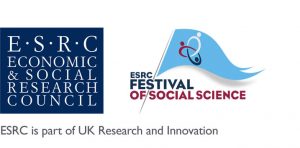 call for event proposals is now open for the Economic and Social Research Council’s Festival of Social Science 2019.
call for event proposals is now open for the Economic and Social Research Council’s Festival of Social Science 2019.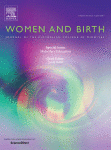
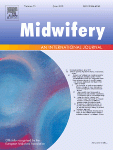

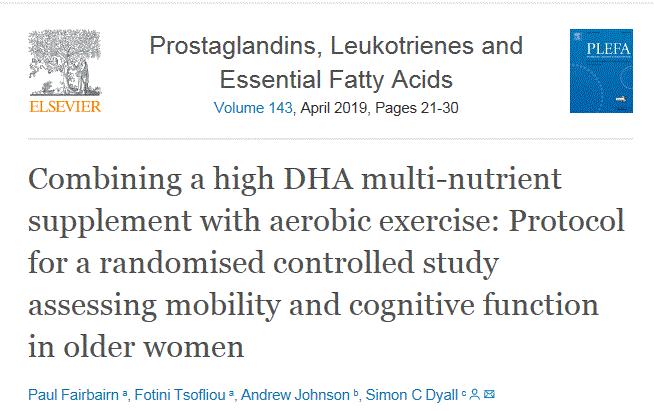












 New Nepal scoping review on maternal & neonatal health
New Nepal scoping review on maternal & neonatal health Fourth INRC Symposium: From Clinical Applications to Neuro-Inspired Computation
Fourth INRC Symposium: From Clinical Applications to Neuro-Inspired Computation Writing policy briefs
Writing policy briefs Upholding Excellence: The Concordat to Support Research Integrity
Upholding Excellence: The Concordat to Support Research Integrity ECR Funding Open Call: Research Culture & Community Grant – Application Deadline Friday 12 December
ECR Funding Open Call: Research Culture & Community Grant – Application Deadline Friday 12 December MSCA Postdoctoral Fellowships 2025 Call
MSCA Postdoctoral Fellowships 2025 Call ERC Advanced Grant 2025 Webinar
ERC Advanced Grant 2025 Webinar Horizon Europe Work Programme 2025 Published
Horizon Europe Work Programme 2025 Published Horizon Europe 2025 Work Programme pre-Published
Horizon Europe 2025 Work Programme pre-Published Update on UKRO services
Update on UKRO services European research project exploring use of ‘virtual twins’ to better manage metabolic associated fatty liver disease
European research project exploring use of ‘virtual twins’ to better manage metabolic associated fatty liver disease